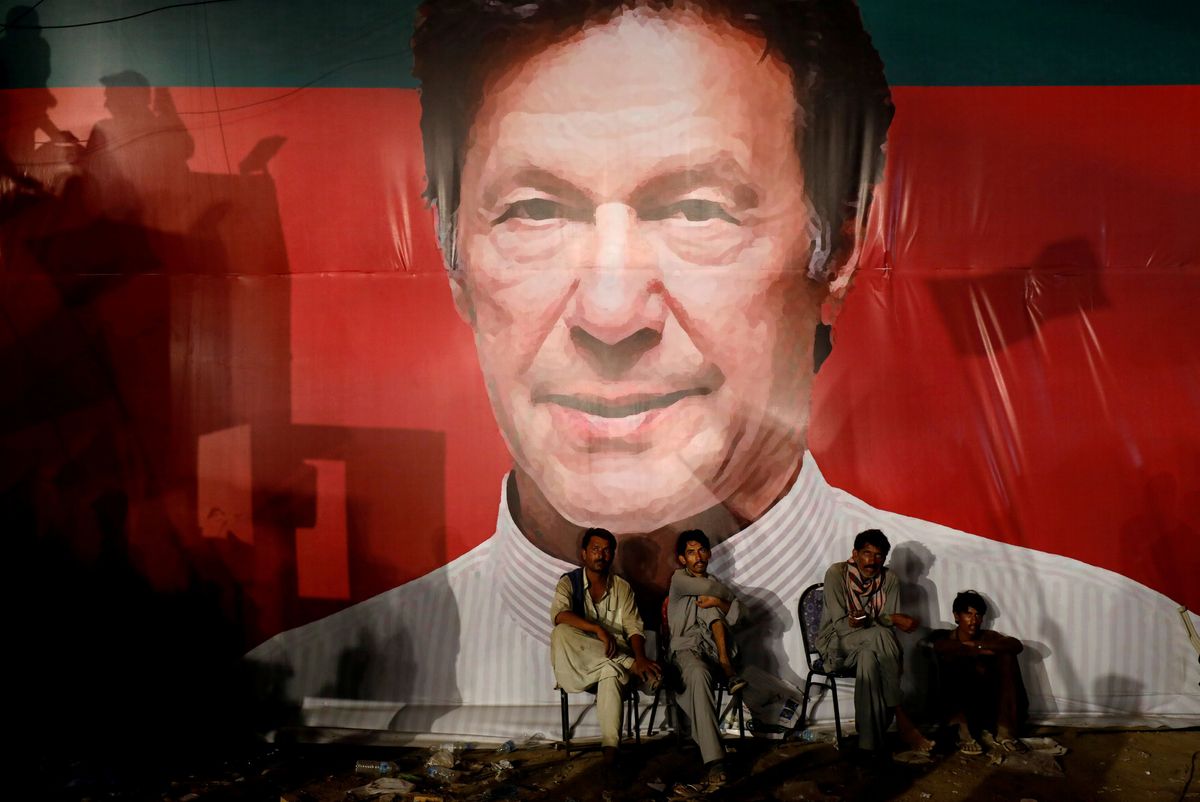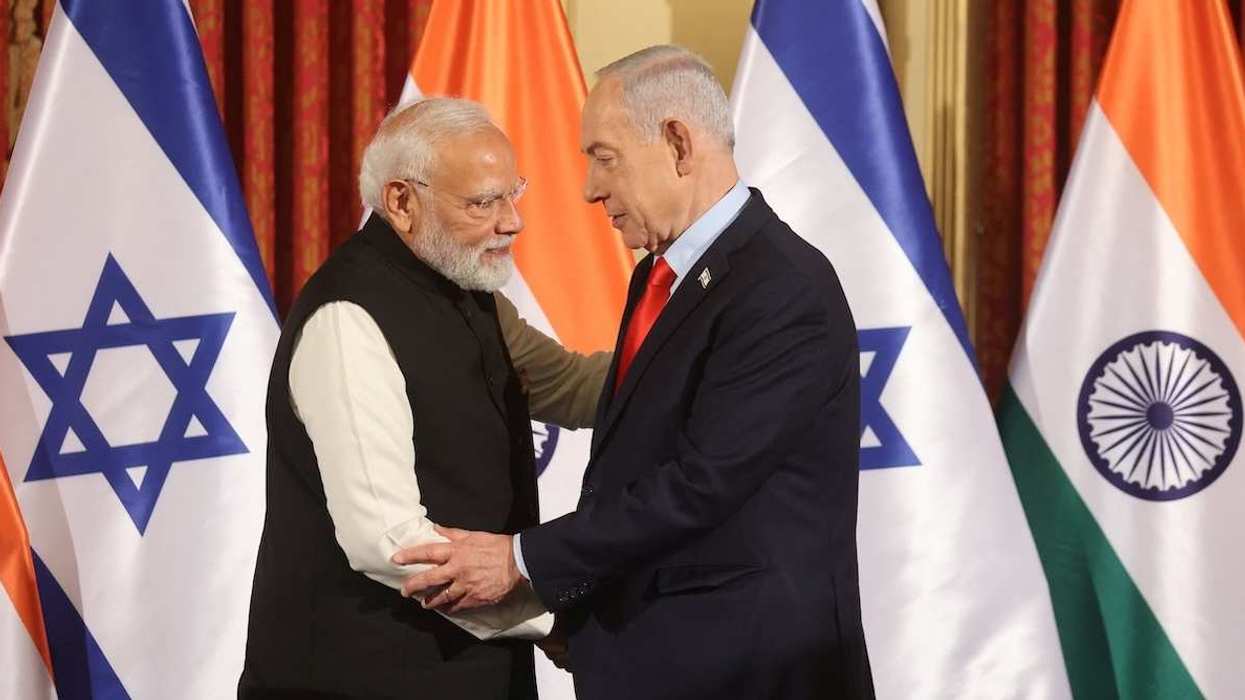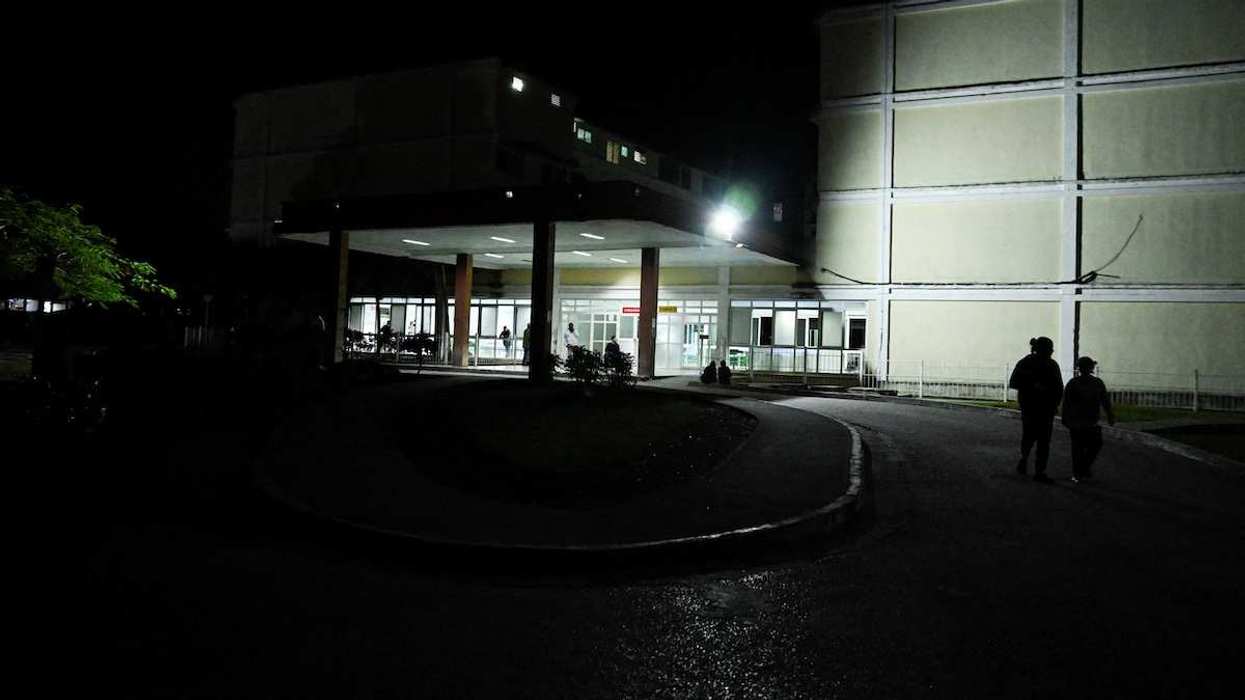Most of the stories you read about refugees these days involve governments struggling to support them or trying to manage popular backlashes against them. In some cases, they involve active efforts to strip them of their rights. So it was something of a surprise when Pakistan’s newly elected Prime Minister Imran Khan announced over the weekend that he wants to grant citizenship to some 1.5 million Afghan refugees living in his country.
By way of background: Pakistan is home to the world’s second largest refugee population—many of whom fled neighboring Afghanistan after the Soviet invasion of their country in 1979, or after the US-led invasion in 2001. Those people, and their descendants, are all considered refugees under international law and Islamabad’s position until now has been: they have to go home.
Why is Khan taking this step now? Whatever Mr. Khan’s benevolent motivations might be, his proposal also carries a political calculation. In Pakistan’s elections earlier this year, members of the Pashtun ethnic group voted in large numbers for Mr. Khan’s Pakistan Tehreek-e-Insaf Party (PTI), sweeping him to power. As it happens, a majority of the Afghan refugees in Pakistan are Pashtuns, meaning that integrating them—by issuing government IDs and access to social services—could help to shore up, and even expand, his political base.
Will Pakistan’s all-powerful military, which holds sway over immigration policy, allow this? The generals have long favored refugees' repatriation to Afghanistan, seeing them as a security threat. And in the past they have reportedly used them as a bargaining chip with Kabul and Washington, knowing that dumping 1.5 million people in a weak state like Afghanistan could trigger a humanitarian and political crisis for the US-backed government there. Just days ago, Pakistan’s foreign minister spoke in Kabul of plans for an orderly repatriation. Khan’s proposal now sets up a big fight.
But at a moment when backlashes against immigrants are becoming more common, Khan’s words offered a stark contrast to the current zeitgeist: “Why are they treated without dignity?” he asked. “They are humans, how have we deprived them for 30-40 years?”


















